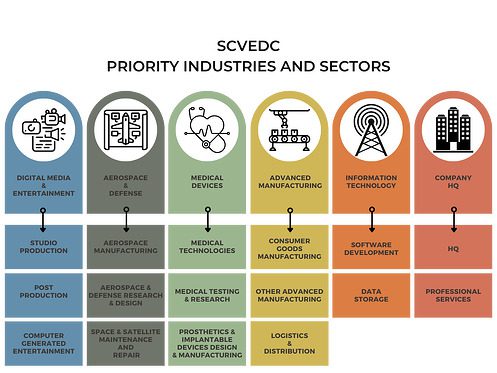|
[Sign Up Now] to Receive Our FREE Daily SCVTV-SCVNews Digest by E-Mail |
|
|
Inside Weather
Calendar Today in S.C.V. History December 25
|
Comment On This Story |
Opinion Section Policy
Read More From... RECENT COMMENTARY
Friday, Dec 19, 2025
Wednesday, Dec 10, 2025
Wednesday, Dec 3, 2025
Tuesday, Dec 2, 2025
Tuesday, Dec 2, 2025
Wednesday, Nov 26, 2025
|
|
|
1965 - Signal newspaper owner Scott Newhall shows up for a duel (of words) with rival Canyon Country newspaper publisher Art Evans, who no-shows and folds his paper soon after [story]

|
||||
|
From surprise Santa arrivals to stacks of gifts waiting for young hands, the Boys & Girls Club of Santa Clarita Valley delivered holiday cheer on a large scale this season, reaching hundreds of children and teens throughout the Santa Clarita Valley, including Clubhouses in Canyon Country, Newhall, Val Verde and Castaic.
 |
|||||
|
1997 - Five bodies found during grading of Northlake development in Castaic; determined to be Jenkins graveyard [story]

|
|||||
|
Students pursuing an undergraduate degree in water resource-related fields are invited to apply for the 2026/27 ACWA Edward G. “Jerry” Gladbach Scholarship, offered by the Association of California Water Agencies in partnership with SCV Water. Applications are now being accepted through March 1, 2026.
 |





 Tweet This
Tweet This Facebook
Facebook Digg This
Digg This Bookmark
Bookmark Stumble
Stumble RSS
RSS





































REAL NAMES ONLY: All posters must use their real individual or business name. This applies equally to Twitter account holders who use a nickname.
0 Comments
You can be the first one to leave a comment.